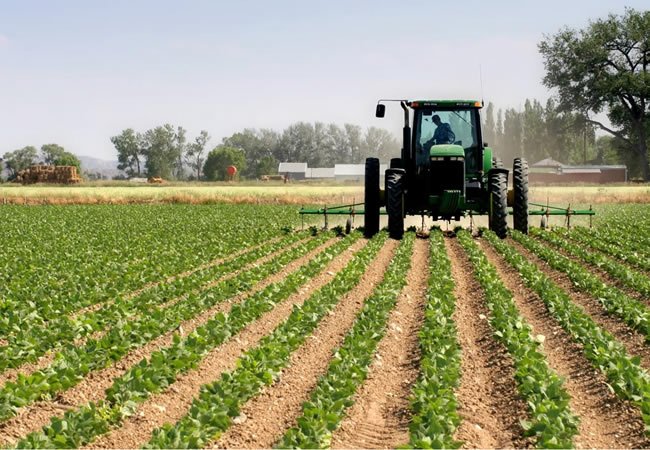
Senior Special Adviser to the President of The African Development Bank on Industrialisation Prof. Oyebanji Oyelaran-Oyeyinka, has said agro-processing will resolve the perennial foreign exchange and volatility challenges
Speaking as the guest speaker in a zoom seminar organised by the Nigerian Society of Chemical Engineering, and titled, ‘Prospects & challenges in agro-processing: Special agro-industrial processing zones,’ Oyelaran-Oyeyinka, suggested that Special Agro-Industrial Processing Zones of the AfDB would enable agricultural producers, processors, aggregators and distributors to operate in one vicinity, which would reduce transaction costs and sharing business development services for increased productivity and competitiveness.
He said, ‘‘The twin approach of growth strategies rely on imports substitution and exports of goods and services. As imports, grow, however, so must the rate of export revenue in order to sustain economic growth. Promoting relative balance of payments stability in order to secure the value of the domestic currency, and secure reliable foreign currency inflows, a country needs faster export revenue growth. A key challenge is our concentration on exports of oil and primary goods with relatively low-value added while importing high value-added goods including capital and intermediate goods. SAPZs will bridge infrastructure deficit and foster manufacturing, break the dependence on oil and raw material exports, SAPZs will help embark on urgent economic diversification through faster modernisation of agriculture.’’
Oyelaran-Oyeyinka explained that SAPZs were designed to concentrate agro-processing activities within areas of high agricultural potential, saying Nigerian leaders should implement a bold and compelling industrial agenda for the country.
“Nigeria is crying for leadership that is accountable and is incorruptible. Leaders that will husband our assets to achieve tangible outcome by putting forth and aggressively implementing a bold and compelling industrial ggenda for our country.
“Economic history has shown that without diversification into industrial manufacturing including modernised agribusiness and services, and away from simple resource extraction, the long-term development prospects of countries are always bleak, he said.













